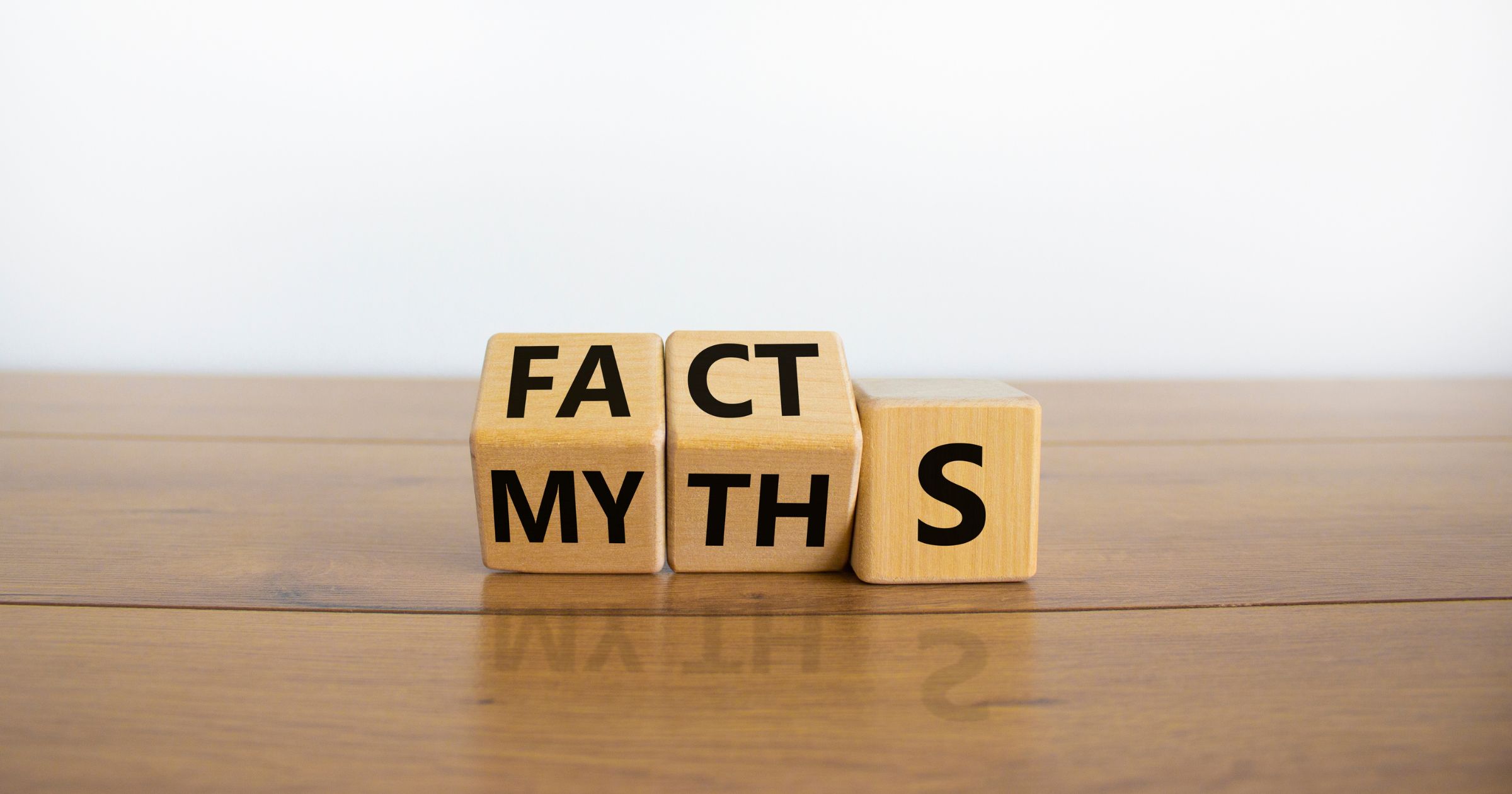Make Time for Sleep
Don't let COVID-19 anxiety steal away your slumber—you need your Zzz's now more than ever.
When times are stressful, sleep can turn your world into a Dr. Jekyll and Mr. Hyde story. If you're worked up and anxious, a good night's sleep will work wonders for your brain and body. It boosts your immunity, improves your cognitive function and delivers a host of healthful benefits. But skimp on a few hours of sleep, night after night? You'll shortly find you've unleashed a monster that's hard to re-tame.
"There's evidence that chronic sleep deprivation will affect your immune system," said Leisha Cuddihy, Ph.D., a clinical psychologist and specialist in behavioral sleep medicine with Spectrum Health.
"A few nights here and there? Probably not a problem," Dr. Cuddihy said. "Any one night of bad sleep doesn't mean you'll have a problem the next day."
The real problem comes with night after night of sleeplessness, brought on by stress and anxiety. It can build on itself.
"If you start to spend a lot of time up, worrying, your brain is going to think that's what you're supposed to do when you're in bed," Dr. Cuddihy said. "You don't want bedtime to be a stimulus for anxiety."
Amid the emotional toll a widespread community illness like COVID-19 can cause—which of course can affect immunity and underlying health—it's more important than ever to identify effective ways to preserve your good health.
Good sleep is on par with proper diet and regular exercise.
"Lack of sleep doesn't do anything to help your stress," Dr. Cuddihy said. "When you're well-rested, your brain works better. If you're tired, it's harder to focus and pay attention."
Quite simply, a well-rested brain is going to help you cope better, she said.
If you're missing out on sleep as you adjust to stressful news or new situations—if you're trying to work with the kids being home, or you've found yourself working from home—take a moment to re-assess your sleep habits.
Beyond getting the recommended seven to nine hours of sleep each night, you can take some steps to better your chances of restful slumber.
Dr. Cuddihy offered these important tips:
Pull the plug.
Shut off electronics well in advance of bedtime, Dr. Cuddihy said. "You don't want to watch the news right before you want to sleep," she said.
Aim to turn off all electronics at least an hour before bed.
Make the bedroom a sleep zone.
"You don't want to walk into your bedroom and think, 'Oh God, I'm not going to go to sleep,'" she said. "The bed is a place to sleep, not feel anxious or worried or watching TV."
Don't bring tablets, smartphones or electronics into your room. Don't turn on the TV.
"Don't spend a ton of time in bed, awake, thinking about stuff," she said.
Honor your schedule.
It may be tempting to jump down the rabbit hole at night in an attempt to keep speed on ever-changing developments in the news.
But at some point, you've got to know when to unplug and disengage. "Keep a consistent schedule," Dr. Cuddihy said.
"Stabilize or keep your schedule stable, even if you don't normally have that structure," she said.
Keep in mind: Your wake time is your anchor for your sleep time. Set your alarm for a certain time every morning—and then get up when it goes off.
"If you start waking later and later, you're not going to be tired at the time you want to be tired," she said.
Cut yourself some slack.
If it's not happening—if you go to bed and you try to sleep, but you can't—don't try to force it, Dr. Cuddihy said.
You can get out of bed and go find something that relaxes you. Something that disengages and soothes your mind. TV isn't necessarily out of the question. Put on a show you've already seen—something familiar that you enjoy.
"I usually go with 'Friends' or 'Golden Girls,'" Dr. Cuddihy said. "Something I've seen a million times that I'm not going to be too invested in."
When you start to feel sleepy again—ideally that's only 20 to 30 minutes or so—shut it off and get back to bed.
"The key is to give your brain the opportunity to get sleepy again," Dr. Cuddihy said. "If you start to engage in something that you're going to get interested in, you'll get anxious and you won't get sleepy."
Written by Shawn Foucher for Spectrum Health.
This article was republished with permission and originally appeared at Spectrum Health HealthBeat.



